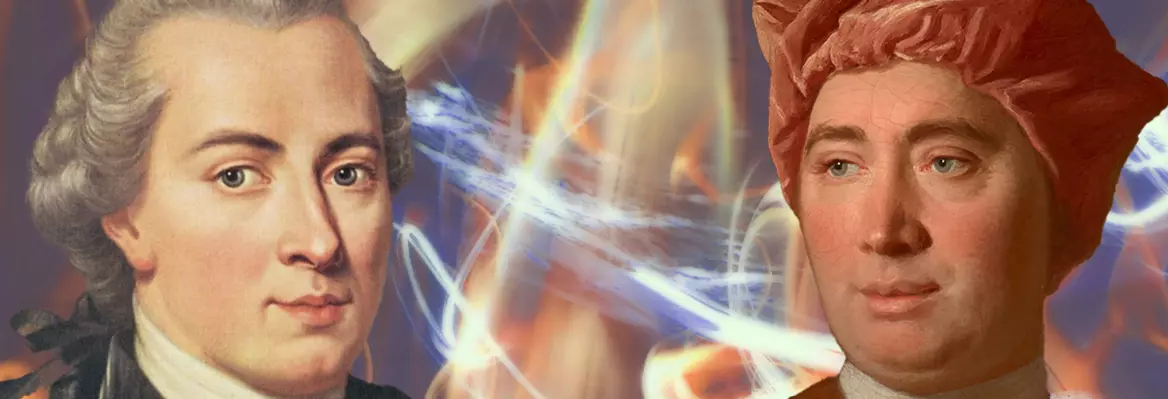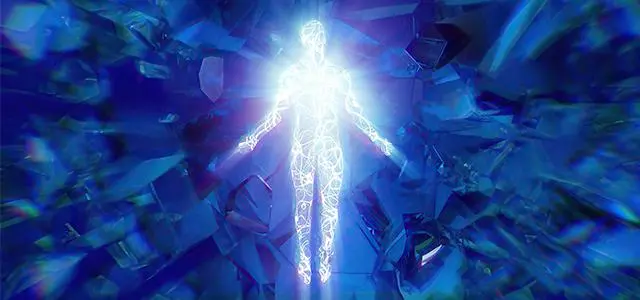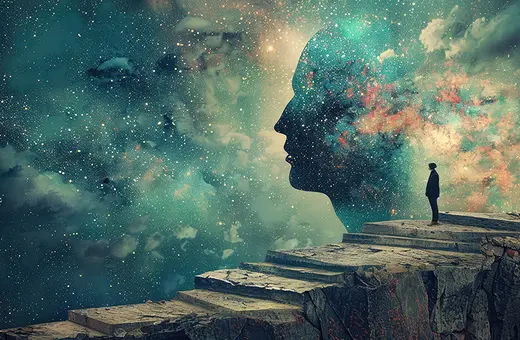David Hume and Immanuel Kant were almost contemporaries, but they reached radically different conclusions on the nature of reality and our ability, or lack thereof, to access it. Hume cast doubt on humans’ ability to ever really know the reasons or fundamental truths behind our experience. Kant, in response, proposed a revolution in our understanding of our relationships to ourselves and to the outside world, and in doing so offered a way to maintain knowledge of the physical world.
What is the relationship between our understanding of the physical world, and the physical world itself? Does our ability to reason somehow give us direct access to external objects? Or is our understanding particular to our psychological makeup? And, if the latter: how can we know that the ideas we form about the physical world bear any resemblance to the “real thing” as it is “out there”?
In fact, how is it possible that thoughts and things can resemble one another at all, given that we take them to be so fundamentally different? The philosophy of Immanuel Kant defends a useful approach to the world “out there” that departs from and then overcomes the empiricism of his contemporary David Hume to argue that by studying our very way of knowing, we better understand what there is to know.
For Hume, as for his rationalist and empiricist contemporaries writing in the early 18th century, the question of the relationship between objects and our understanding of them was closely bound up with the question of origin: where do the ideas that we employ when we think about objects come from? Most famously, Hume asked this question with respect to causality.
SUGGESTED VIEWING The return of idealism With James Tartaglia
The concept of causality (that some event, x, is directly responsible for some other event, y) might seem so integral to our experience of the world that it is difficult to imagine a world without it. But when we try to point to something in experience that makes a series of events causal, this something remains elusive. We can’t see the causal relationship itself, but only two events: one that we take to be the cause and the other that we take to be the effect.
It’s true that we could point to the fact that certain events are usually or always followed by certain other events. But causality is something more than this: there is a sense that when one event happens, the other is in some way inevitable, and that the first event is the reason for the second. So where does this concept come from? Hume proposes that it is a product of psychological processes: If we experience event A followed by event B enough times, we will begin to expect event B whenever we encounter event A. It is this feeling of expectation that forms the basis of the concept of causality.






















Join the conversation